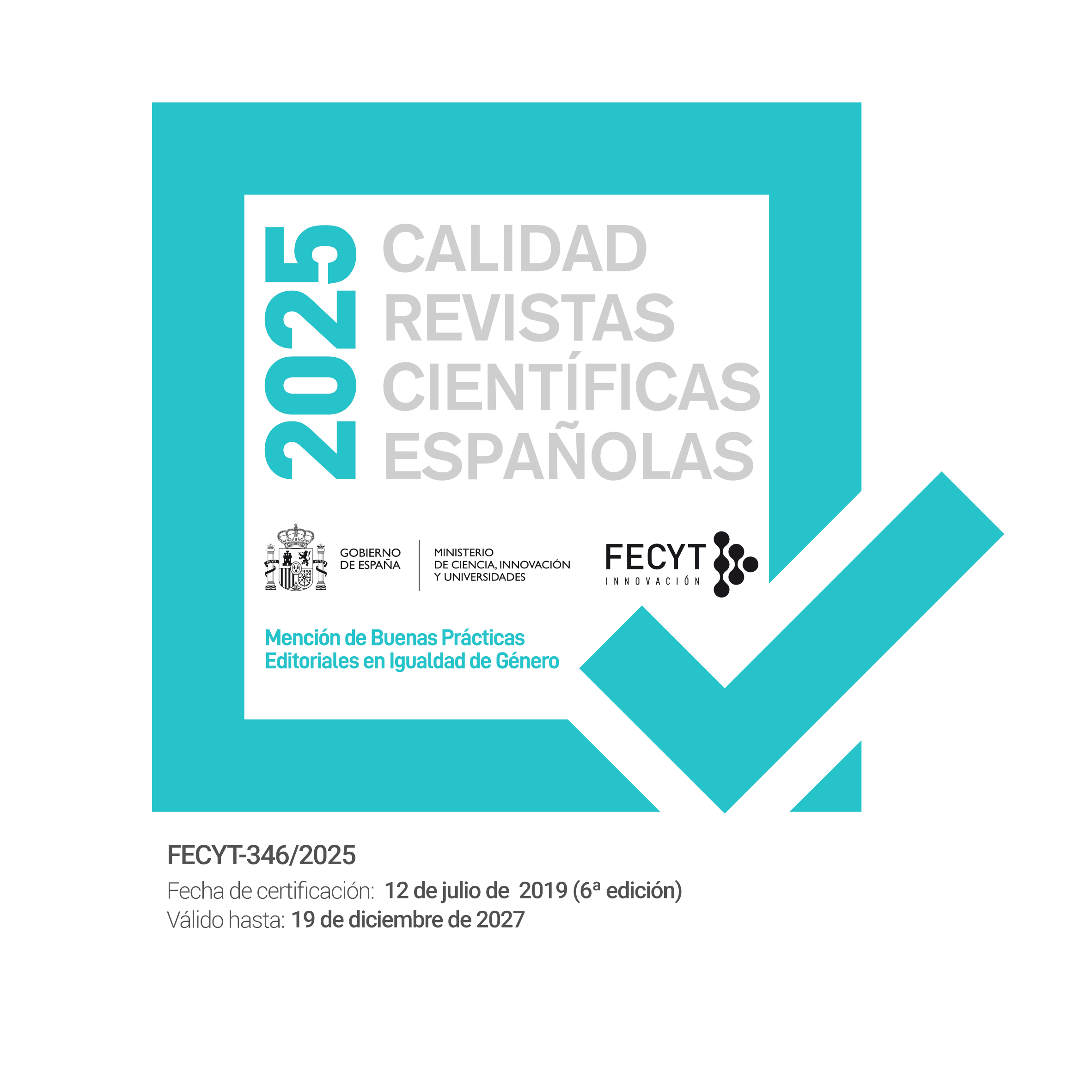How the 15M movement worked and why it stopped working. Profiles of participation and disengagement processes between May 2011 and May 2012
Keywords:
15M, assembly, social movements, participationAbstract
In this paper we offer the retrospective view of a research project carried out by Comisión de Análisis Sol 15M from 2011 to 2012. Through this research, we aimed to describe 15M participants’ positions of affinity to the movement and the processes by which they would disengage from it. We based our description on an analysis of the different profiles of participation. The description of the different kinds of affinity to the 15M movement helps explain why this popular, massive, non-centralized movement ―which irrupted suddenly and was unprecedented in Spain’s recent history― remained cohesive and socially relevant for months. Moreover, the disengagement processes help explain why the movement could not incorporate new participants so as to remain active in the following years.Downloads
References
Conde, F. 2009.Análisis sociológico del sistema de discursos. Madrid: Centro de Investigaciones Sociológicas.
El País. 2011. “El 15-M mantiene su apoyo ciudadano”. El País, 26 de junio, (enlace).
Razquin, A. 2017. Didáctica ciudadana. La vida política en las plazas. Etnografía del movimiento 15M. Granada: Ediciones Universidad de Granada.
Villasante, T.; M. Montañes y J. Martí. 2000. La investigación social participativa. Construyendo ciudadanía /1. Barcelona: El viejo topo.
Downloads
Published
How to Cite
Issue
Section
License
Copyright (c) 2020 Encrucijadas. Revista Crítica de Ciencias Sociales

This work is licensed under a Creative Commons Attribution-NonCommercial-NoDerivatives 4.0 International License.
Los autores/as conservan los derechos de autor y ceden a la revista el derecho de la primera publicación, con el trabajo registrado con la licencia de atribución de Creative Commons Reconocimiento-NoComercial (CC-BY 4.0), que permite a terceros utilizar lo publicado siempre que mencionen la autoría del trabajo y a la primera publicación en esta revista. Encrucijadas permite y se anima a todas las personas autoras a depositar la versión final publicada en repositorios institucionales o temáticos de acceso abierto, cumpliendo en caso necesario los términos establecidos por la entidad financiadora de la investigación.





